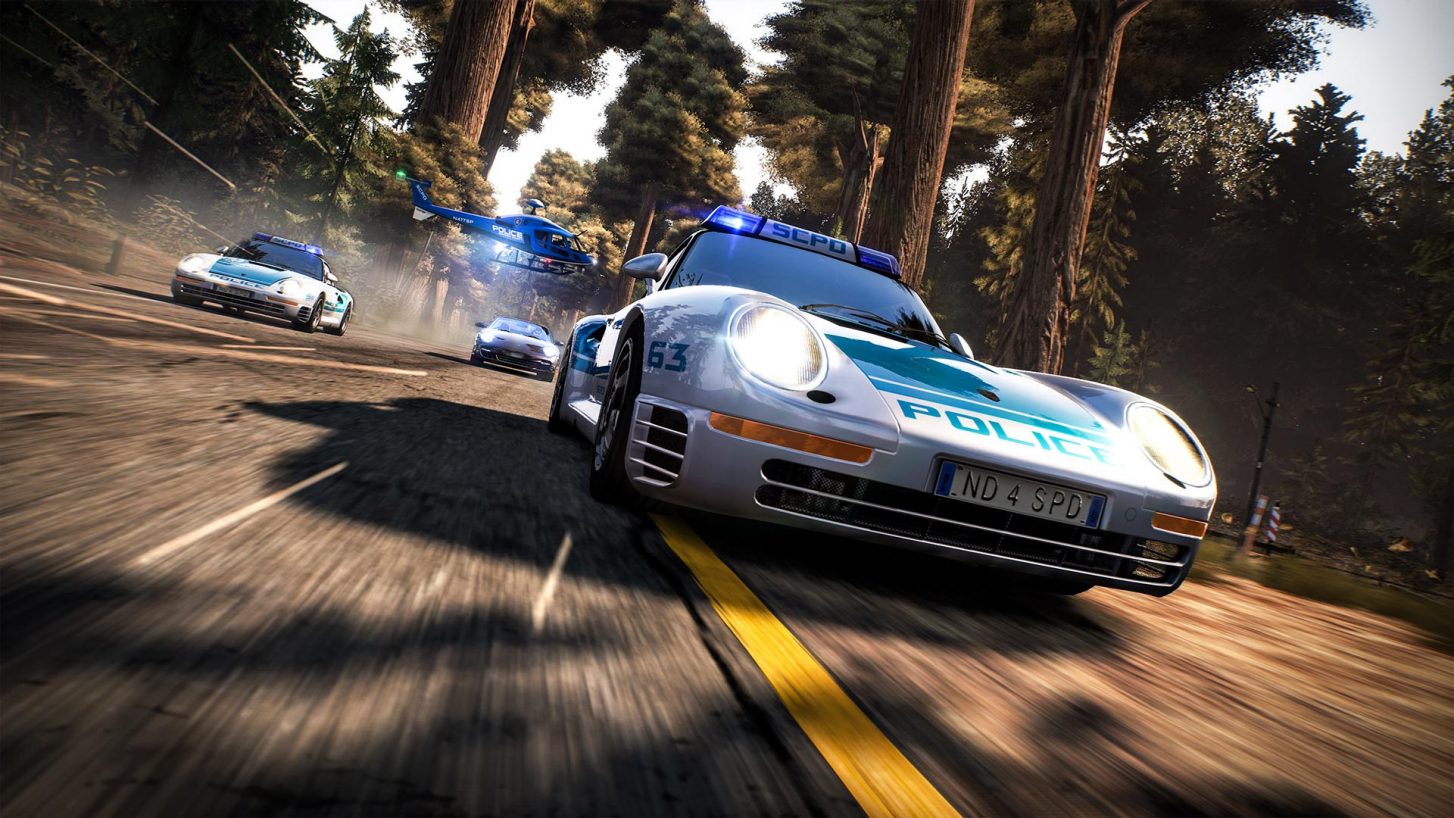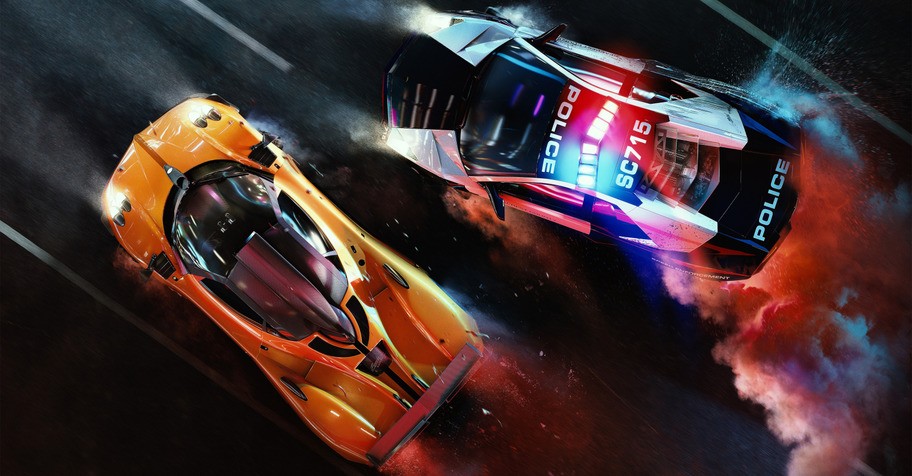The Thrill Of The Chase: Exploring The Enduring Appeal Of Car Games With Police Pursuit Elements
The Thrill of the Chase: Exploring the Enduring Appeal of Car Games with Police Pursuit Elements
Related Articles: The Thrill of the Chase: Exploring the Enduring Appeal of Car Games with Police Pursuit Elements
Introduction
With enthusiasm, let’s navigate through the intriguing topic related to The Thrill of the Chase: Exploring the Enduring Appeal of Car Games with Police Pursuit Elements. Let’s weave interesting information and offer fresh perspectives to the readers.
Table of Content
The Thrill of the Chase: Exploring the Enduring Appeal of Car Games with Police Pursuit Elements

The allure of high-speed chases, the adrenaline rush of evading authorities, and the thrill of pushing the limits of both vehicle and driver – these are the elements that have captivated gamers for decades, weaving themselves into the very fabric of car gaming. While the genre boasts diverse sub-genres, from meticulous racing simulations to arcade-style demolition derbies, a common thread unites them: the persistent fascination with the concept of police pursuit.
This seemingly simple premise – outrunning the law – has become a defining feature of countless car games, transcending mere gameplay mechanics to offer a unique blend of excitement, challenge, and storytelling. This article delves into the evolution and enduring appeal of car games featuring police chases, exploring its significance within the gaming landscape and analyzing its impact on gameplay, storytelling, and player engagement.
The Genesis of the Chase: Early Pioneers and the Rise of Arcade Action
The roots of police pursuit in car games can be traced back to the dawn of the gaming era. Games like "Chase H.Q." (1982) and "RoadBlasters" (1986) established the foundation, introducing players to the exhilarating experience of outrunning police vehicles in a top-down perspective. These early games, characterized by their arcade-style gameplay and simple mechanics, laid the groundwork for the genre’s future evolution.
The late 1980s and early 1990s witnessed a surge in the popularity of car games, with titles like "Outrun" (1986) and "Super Sprint" (1986) pushing the boundaries of graphical fidelity and gameplay depth. However, it was the emergence of "Grand Theft Auto" (1997) that truly revolutionized the genre. This open-world sandbox game allowed players to freely roam a sprawling city, engage in criminal activities, and, inevitably, face the wrath of the police.
"Grand Theft Auto" not only popularized the concept of police chases within a sandbox environment but also introduced a layer of narrative depth, allowing players to experience the consequences of their actions and the escalating difficulty of evading the law. This marked a significant shift in the genre, moving beyond simple arcade mechanics to embrace a more nuanced and engaging gameplay experience.
From Arcade to Simulation: The Evolution of Gameplay Mechanics
As technology advanced, so too did the complexity and realism of car games with police chase elements. The early arcade-style games, with their simplified physics and limited gameplay options, gave way to titles that sought to emulate the intricacies of real-world driving.
Games like "Need for Speed: Hot Pursuit" (2010) and "Burnout Paradise" (2008) introduced sophisticated physics engines and advanced driving models, providing a more realistic and challenging experience for players. The emphasis shifted from simply outrunning the police to employing strategic driving techniques, understanding car performance, and exploiting environmental features to gain an advantage.
The inclusion of advanced AI systems for police vehicles further enhanced the gameplay experience. These AI systems were designed to mimic the behavior of real-world police officers, adapting their pursuit tactics based on the player’s actions and the surrounding environment. This dynamic gameplay, coupled with the intricate physics models, ensured a truly engaging and unpredictable experience for players.
Beyond the Chase: Storytelling and Player Agency
While the thrill of the chase remains a primary draw for many players, car games with police pursuit elements have evolved beyond mere gameplay mechanics to embrace storytelling and player agency.



![Police Car Chase Cop Simulator (by Game Pickle) Android Gameplay [HD] - YouTube](https://i.ytimg.com/vi/f6g_fB42iXg/maxresdefault.jpg)




Closure
Thus, we hope this article has provided valuable insights into The Thrill of the Chase: Exploring the Enduring Appeal of Car Games with Police Pursuit Elements. We thank you for taking the time to read this article. See you in our next article!